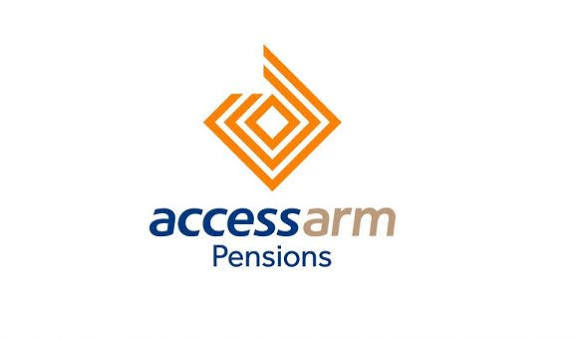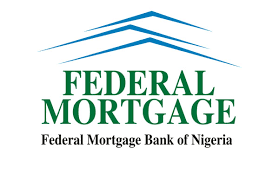In a significant industry development, Nigeria’s petroleum marketers, refiners, and depot owners have called for the full deregulation of the country’s downstream oil sector.
This move aims to eliminate government-imposed price controls and subsidies.
The Major Energies Marketers Association of Nigeria, alongside the Depot and Petroleum Products Marketers Association of Nigeria, Crude Oil Refiners Association of Nigeria, African Refiners and Distributors Association, and the Petroleum Products Retail Outlets Owners Association of Nigeria, articulated their position during a webinar on Wednesday, according to The Punch.
The discussion, titled ‘Optimising the Nigerian Oil and Gas Industry’, assembled key stakeholders to deliberate on sector challenges, opportunities, and strategies for improving efficiency and sustainability.
According to a communique released by MEMAN, the participants addressed the impact of recent petroleum price increases and underscored the urgent need for market deregulation to foster a more stable and competitive environment.
“A market-driven pricing mechanism was advocated to promote competitiveness and operational efficiency. The removal of government controls on pricing was seen as essential to fostering a more dynamic and responsive industry.
“The call for complete deregulation and market liberalisation was reiterated. The benefits include improved efficiency, enhanced product availability, and increased private sector participation,” the communique read partly.
There was a strong emphasis on supporting local refineries to decrease dependency on imported petroleum products.
The stakeholders emphasized the need for marketers to have the freedom to source crude oil from both local and international suppliers and for refineries to establish processing agreements directly with retail companies.
They also highlighted the importance of transitioning to cleaner energy alternatives, such as Compressed Natural Gas (CNG) and Liquefied Petroleum Gas (LPG).
Additionally, the participants proposed the creation of a new committee structure for the petroleum sector, modeled after the Bankers’ Committee in Nigeria, to enhance sector governance and collaboration.
This structure, they said, would include a Midstream and Downstream Industry Coordination Committee to focus on enhancing collaboration within these sectors, chaired by the Chief Executive of the Nigerian Midstream and Downstream Petroleum Regulatory Authority.
They called for the establishment of an Industry Interface Committee to facilitate coordination between the upstream and downstream sectors.
Additionally, they proposed the formation of a Petroleum Industry Consultative Assembly, which would bring together stakeholders from across the oil and gas sectors.
This assembly would be chaired by the Minister of State for Petroleum Resources (Oil), aiming to enhance collaborative decision-making and industry governance.
“These committees aim to foster collaboration, ensure regulatory compliance, facilitate conflict resolution, and provide strategic oversight, akin to the role played by the bankers’ committee in the banking sector.
“The creation of industry-wide consultative committees was suggested to enhance collaboration, innovation, and conflict resolution, addressing supply chain inefficiencies and infrastructure deficits was deemed crucial for long-term sustainability,” the communique said.










